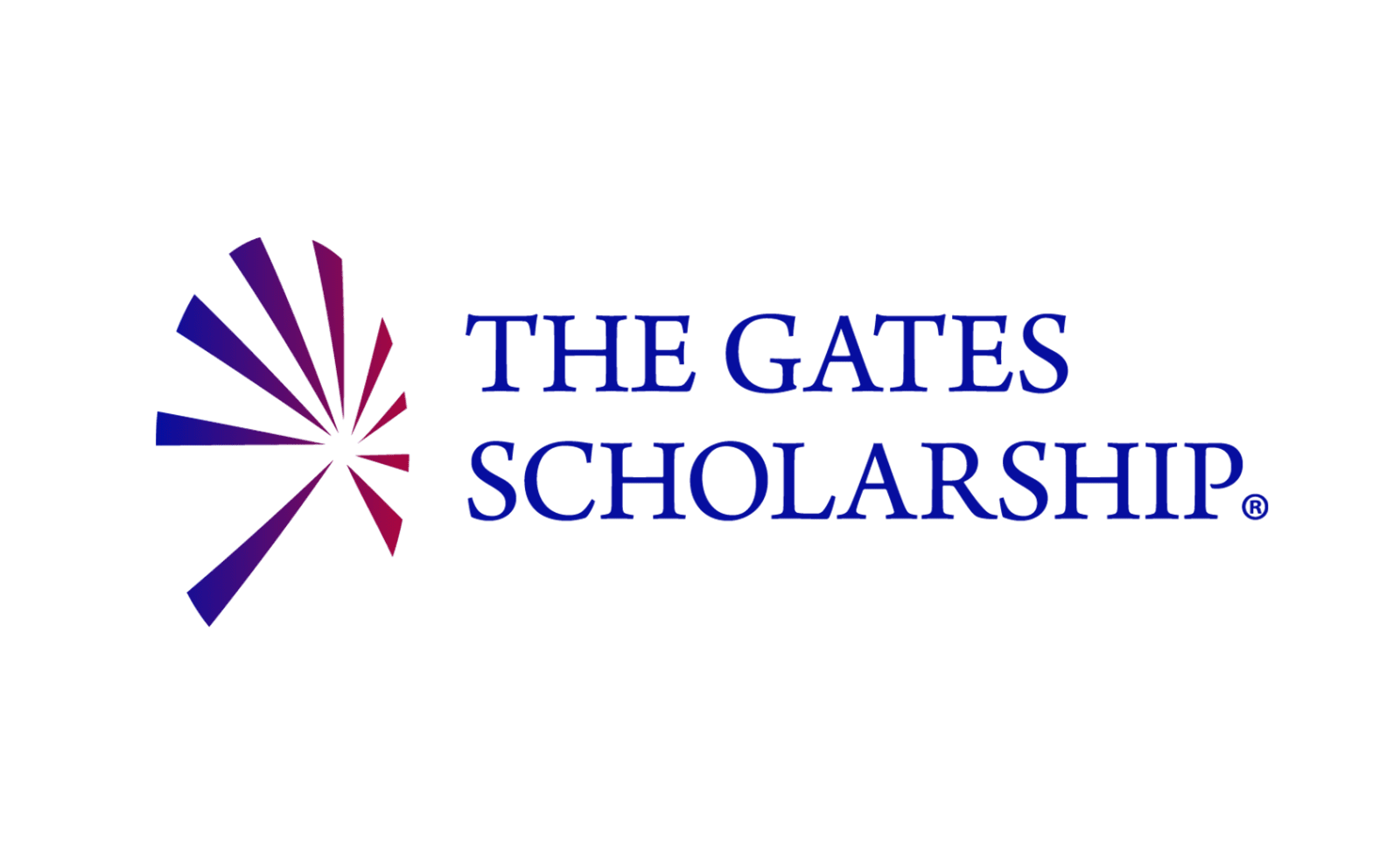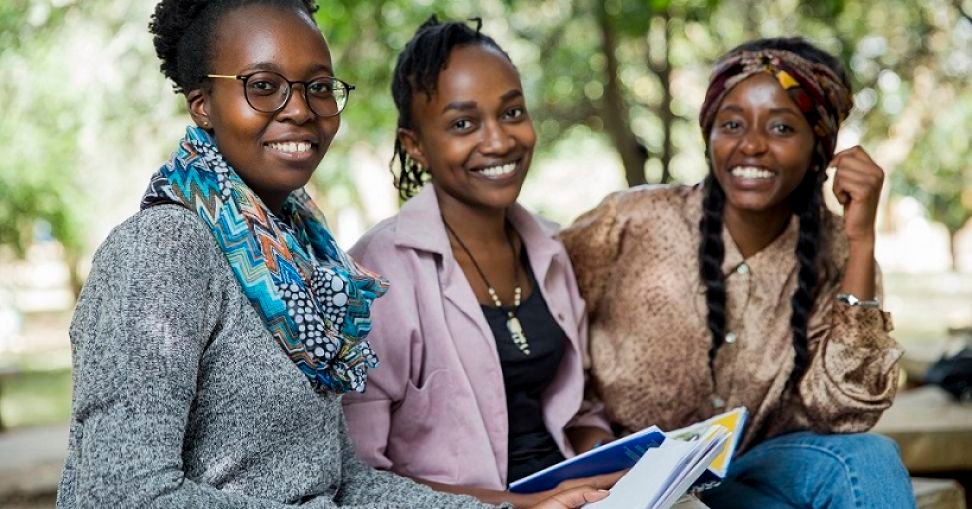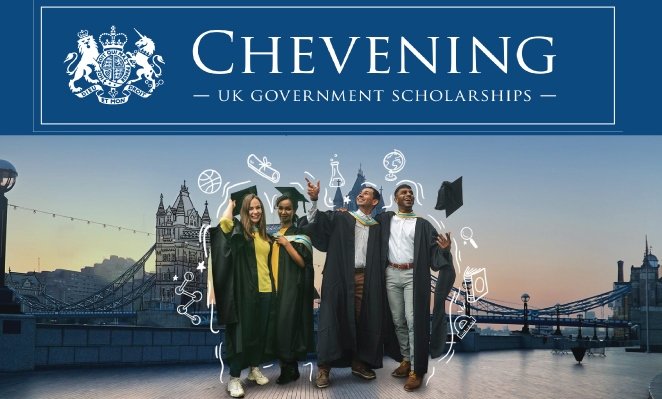Introduction
Graduating with a third-class degree in Nigeria often feels like a life sentence. The job market is ruthless, most scholarship boards set high GPA cutoffs, and society is quick to label you a failure. But here’s the truth many don’t realize: a third-class degree doesn’t erase your potential.
Across Nigeria and abroad, there are fully funded programs created to give overlooked graduates a fresh start. These scholarships and fellowships focus less on grades and more on what really matters—your skills, resilience, leadership, and vision.
If you’ve been wondering whether your academic past has permanently closed the door on your dreams, this guide will prove otherwise.
Why Third-Class Graduates Still Matter
Education systems often reduce human worth to grades, but the world is changing. Employers, universities, and scholarship bodies now recognize that real success is about grit, not GPA.
Here’s why third-class graduates are being reconsidered:
- Grades don’t tell the whole story – Health issues, financial struggles, or personal setbacks often affect performance.
- The global shift in opportunities – Skills, creativity, and social impact are valued more than ever.
- Programs focused on inclusion – Many scholarships now deliberately seek diverse backgrounds, including those with low GPAs.
This means that while society may write you off, the right programs can rewrite your future.
The Struggles of Third-Class Graduates
Let’s be honest—there are challenges:
- Job hunting bias: Most companies use filters that automatically disqualify applicants below 2:2.
- Scholarship restrictions: Prestigious opportunities like Rhodes or Erasmus usually require higher grades.
- Stigma: The label “third-class” follows graduates into interviews, networking events, and even family conversations.
But the silver lining is that scholarship boards and development-focused organizations know this reality—and many are actively creating opportunities for third-class graduates to rise.
Top Fully Funded Programs That Accept Third-Class Graduates
Below are scholarships and fellowships in Nigeria and abroad where a third-class graduate can still thrive.
1. PTDF Overseas Scholarship (Nigeria)
The Petroleum Technology Development Fund (PTDF) gives Nigerians a chance to study oil, gas, and energy programs abroad. Third-class graduates are considered—especially if they have relevant industry experience or certifications.
- Covers tuition, flights, stipends, and accommodation
- Partner schools in the UK, France, and Germany
- Gives preference to applicants who’ve worked in energy-related fields
2. NDDC Postgraduate Scholarship (Nigeria)
The Niger Delta Development Commission (NDDC) runs a fully funded postgraduate program for indigenes of the Niger Delta. Third-class graduates aren’t excluded—so long as they can back up their application with professional credentials.
- Covers full tuition, allowances, and international flights
- Open to study abroad at world-class universities
- Targeted at capacity building for the Niger Delta
3. Chevening Scholarship (UK)
Surprised? Many think Chevening excludes third-class graduates. In reality, while competition is fierce, Chevening puts leadership, career vision, and community impact above grades. A powerful work record can make your application stand out.
For details, check the Chevening eligibility guide.
- Fully funded tuition, monthly stipends, flights
- Open to Nigerians with work or volunteering experience
- Leadership potential is more valuable than GPA
4. DAAD Scholarship (Germany)
The DAAD Scholarship is one of the most generous worldwide. Though it’s selective, candidates with a third-class degree and proven professional excellence can still make the cut—especially in development and applied research programs.
- Tuition-free study in Germany
- Monthly stipend, research allowance, and insurance
- Extra weight is given to work achievements
5. Commonwealth Shared Scholarship (UK)
The Commonwealth Shared Scholarship supports students from developing nations. While higher grades are preferred, third-class graduates with strong professional or community service backgrounds are considered.
- Fully funded tuition, living allowances, flights
- Hosted at UK universities across different disciplines
- Priority given to applicants committed to development goals
6. Mastercard Foundation Scholars Program
This initiative operates in top schools like the University of Edinburgh and McGill University. Unlike most scholarships, it focuses almost entirely on leadership, resilience, and service—not grades.
- Covers tuition, living expenses, and mentoring
- Available for undergraduate and postgraduate students
- Tailored for students with strong community impact stories
Comparison Table of Programs Accepting Third-Class Graduates
| Program / Scholarship | Funding Coverage | Accepts Third-Class? | Special Requirement |
|---|---|---|---|
| PTDF Overseas Scholarship | Tuition, stipend, flights, accommodation | ✅ Yes | Industry experience |
| NDDC Postgraduate Scholarship | Tuition, stipend, flights | ✅ Yes | Niger Delta indigene |
| Chevening (UK) | Tuition, stipend, flights | ✅ Yes | Leadership + work history |
| DAAD (Germany) | Tuition-free, stipend, insurance | ✅ Case-by-case | Professional excellence |
| Commonwealth Shared Scholarship (UK) | Tuition, stipend, flights | ✅ Yes | Development-focused career |
| Mastercard Foundation Scholars Program | Tuition, stipend, mentoring | ✅ Yes | Leadership + service |
How to Strengthen Your Chances as a Third-Class Graduate
Graduating with a third-class degree may feel like a closed door, but in reality, it simply means you must be more strategic and intentional about how you present yourself to scholarship boards, fellowship panels, and potential employers.
Scholarships are no longer just about grades—they’re about potential, resilience, and demonstrated capacity to make impact. If you want to stand out despite your GPA, here’s how:
1. Showcase Relevant Work Experience
One of the strongest ways to compensate for a weak GPA is to highlight your professional journey.
- Internships & Volunteering: Even unpaid roles show commitment and help you gain references.
- Industry-specific roles: If you studied Engineering, IT, Education, or any professional course, show how you applied your knowledge in the real world.
- Achievements matter: Don’t just list job titles—highlight measurable results. Did you lead a project? Did you improve a system at work? Did you manage a team?
Example: Instead of writing “Worked as a teaching assistant,” say “Designed interactive teaching aids that improved student performance by 30% in one term.”
Strong work experience proves to scholarship panels that you’re more than your GPA.
2. Invest in Professional Certifications
Certifications are a powerful way to rebrand yourself academically. They show continuous growth and mastery of new skills.
Some recommended certifications:
- Business & Leadership: Project Management Professional (PMP), Prince2, Chartered Institute of Management.
- IT & Tech: Cisco (CCNA), Google IT Support, Microsoft Azure, AWS Cloud Practitioner, Data Analytics.
- Finance & Accounting: ACCA, ICAN, CFA Level 1.
- Development & Social Impact: Humanitarian Leadership Academy courses, Coursera UN Sustainable Development Goals certifications.
These can instantly boost your profile, demonstrating to panels that you’re serious about upskilling.
3. Craft a Powerful Personal Statement
Your personal statement or motivation letter is the heart of your application. This is where you explain why your GPA doesn’t define you.
Tips for writing:
- Be honest but strategic: Mention challenges (financial hardship, illness, work-school balance) but focus on how they made you resilient.
- Highlight transformation: Show how you’ve grown since university.
- Connect your past to your future goals: If you studied engineering but struggled, explain how your career experience now aligns with pursuing a funded Master’s abroad.
- Emphasize community impact: Panels love applicants who give back—show volunteering, mentoring, or community projects you’ve done.
A compelling personal statement can erase doubts about your academic record.
4. Secure Strong References and Recommendations
Recommendation letters carry weight. If your GPA is low, your referees must champion your potential.
- Professional Referees: Employers or supervisors who can highlight your leadership, discipline, and achievements.
- Academic Referees: Lecturers who understand your situation and can vouch for your growth since graduation.
- Character Referees: Leaders in NGOs, churches, or community groups who can testify to your integrity and resilience.
Choose referees who will write with passion, not just generic lines like “He was a student in my class.”
5. Build a Track Record of Community Engagement
Scholarships like Chevening, Commonwealth, and Mastercard love candidates with social impact stories.
Ways to build this:
- Start or volunteer in a community project (education, healthcare, youth empowerment).
- Mentor younger students or train youths in a skill you’ve mastered.
- Get involved in social media campaigns on pressing issues like climate change, unemployment, or education access.
Impact outside the classroom often outshines academic grades.
6. Apply to Programs That Value Experience Over GPA
Don’t waste time on opportunities that clearly demand first-class honors. Instead, focus on programs that value:
- Leadership
- Work experience
- Professional skills
- Community engagement
For instance:
- PTDF Overseas Scholarship prioritizes work history.
- Mastercard Foundation prioritizes leadership and resilience.
- Chevening emphasizes networking and career plans.
Targeting the right programs increases your chances dramatically.
7. Build a Strong Online Presence
Scholarship panels now check applicants’ digital footprints. Build a presence that reflects your seriousness.
- Update your LinkedIn profile with achievements and projects.
- Share your certificates, volunteer experiences, and career growth.
- Join forums where past scholars share tips.
- If possible, start a blog, portfolio, or social media page showcasing your expertise.
A digital footprint makes you more visible and credible.
8. Network With Past Scholarship Winners
Networking is underrated but powerful. Reach out to alumni of the programs you’re applying for.
- Join Facebook, LinkedIn, or WhatsApp groups of past scholarship recipients.
- Attend webinars hosted by scholarship bodies.
- Politely ask past winners to review your essays or give tips.
Past scholars know the secrets to winning, and their mentorship can be the game-changer.
9. Apply Relentlessly and Learn From Rejections
Most successful scholars didn’t win on the first attempt.
- Treat every rejection as feedback.
- Keep refining your essays and CV.
- Apply to multiple programs every cycle.
Remember: Persistence often beats perfection.
10. Package Your CV for Impact
A well-designed CV can make a difference.
- Keep it 1–2 pages only.
- Use action verbs: “Led,” “Designed,” “Improved,” “Trained.”
- Quantify results where possible.
- Tailor each CV to the scholarship or program’s focus.
Your CV should scream value beyond academics.
Turning Weakness Into Strength
For third-class graduates, the road is harder—but it’s also more rewarding. Every extra effort you make—whether through certifications, work experience, personal statements, or volunteering—adds layers to your profile that first-class graduates often lack.
Scholarship committees aren’t looking for perfection; they’re looking for potential. If you position yourself well, you can turn your “weakness” into a story of resilience and triumph.
Real-Life Stories: Proof It’s Possible
- Chevening Winner: A Nigerian graduate with a third-class went on to work in the development sector and later secured the Chevening scholarship.
- DAAD Success: Another applicant, initially rejected for UK scholarships, won DAAD funding after demonstrating strong research experience.
These examples show that with persistence and strategy, your GPA won’t hold you back forever.
Local vs. International Opportunities: What’s the Difference?
| Factor | Local Programs (Nigeria) | International Programs (Abroad) |
|---|---|---|
| Competition | Moderate | Very High |
| Eligibility Flexibility | More open to third-class grads | Case-by-case acceptance |
| Benefits | Full funding, local priority | Full funding, global exposure |
FAQs
Q1: Can I win a scholarship abroad with a third-class degree?
Yes. Programs like Chevening and DAAD look at leadership, skills, and community service.
Q2: Are Nigerian programs easier to get into?
Yes, PTDF and NDDC openly accept third-class degrees, while foreign scholarships require stronger professional records.
Q3: Will work experience really help?
Absolutely. It can be the single biggest factor to make your application stand out.
Q4: Can professional certifications compensate for my GPA?
They don’t erase it, but they significantly improve your profile.
Q5: What about PhDs?
Third-class graduates can first secure a Master’s (funded) before applying for PhD opportunities.
Final Thoughts: From Third-Class to World-Class
Having a third-class degree is not the end of your story. It’s simply the start of a different journey—one that may take longer, but often builds resilience and character.
The good news is that fully funded programs exist to support graduates like you. From Nigeria’s PTDF and NDDC scholarships to global opportunities like Chevening, DAAD, and Mastercard Foundation, the door is still wide open.
So, don’t let society’s labels hold you down. Invest in certifications, build experience, and tell your story with confidence. The opportunities are there—waiting for you to take them.
👉 Start by exploring programs like Chevening and DAAD to see the possibilities firsthand.



